2021-04-15
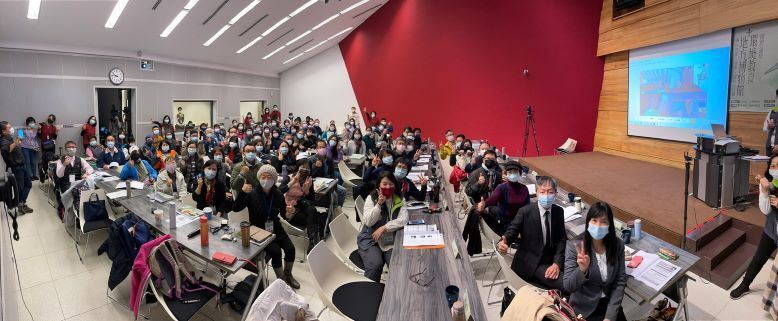
In Yilan, a group of people voluntarily engages in public affairs driven by their passion for the land and local culture. They facilitate the development of school education, community development, cultural heritage, or cultural activities by gathering the collective strength of the people to foster Yilan’s diverse appeals such as livability, good education, and rich tourism resources. On January 15, 2021, the Local Museums in “Yilan X Environmental Education International Forum” was held.
The Yilan Museum Family Association was founded in 2001 in Yilan, and the Lanyang Museum is a treasure trove of knowledge pertaining to Yilan. In recent years, the theme of “Good Education, Livability, and Rich Tourism Resources” has been adopted as the strategic concept of Yilan’s ecological environment and industrial sustainability. Such a concept has already been realized by the partners of the Yilan Museum Family Association as well as the industry, government, and academia.
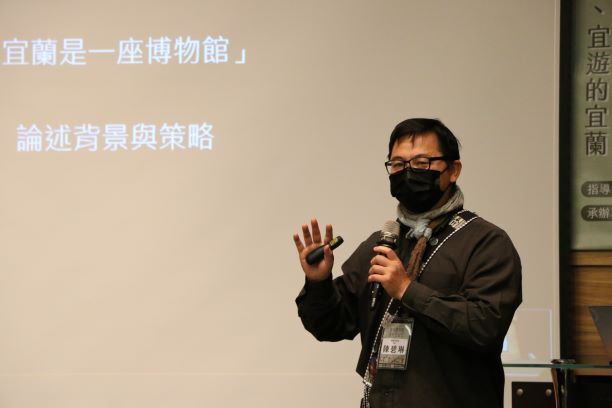
Lanyang Museum Director Bi-Lin CHEN reiterated the concept of perceiving Yilan as a museum:
“Good education”:Deepening local knowledge to facilitate diverse learning.
“Livability”:Creating a friendly environment.
“Rich tourism resources”:Creating cultural experiences to bolster energy for empowerment and innovation. The lectures of this forum also aim to embody the outcome of these endeavors.
Four foreign guests were invited as keynote speakers for the forum:
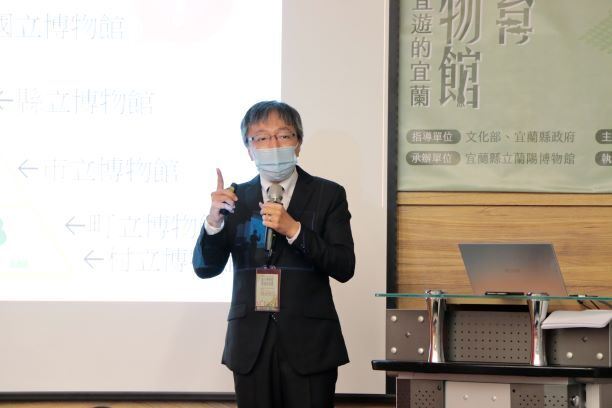
Dr. Hiro Kajihara from the Mt. Aso Ecomusée in Kyushu, Japan shared his experience in ecomuseums with the audience, combining social design to foster a connection between the residents, tourists, and the community.
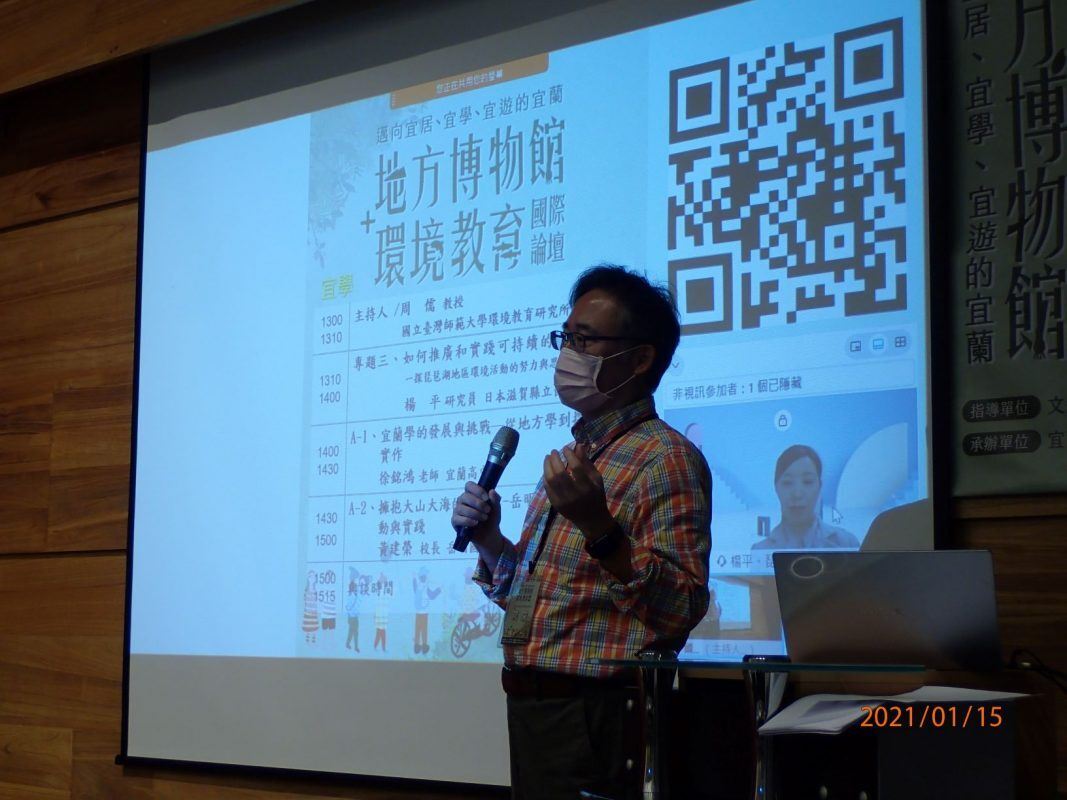
Lake Biwa Museum researcher Yang Ping shared the project where the museum encourages citizens to engage in citizen science inspired by the concept of “hashikake (cross-linking)”, thereby materializing empowerment and action; researcher Kozi Hayashi from the Natural History Museum and Institute in Chiba, Japan shared how museums can empower citizens to produce placards for plants in the ecological park by combining museum research and education, as well as subsequent citizen actions.
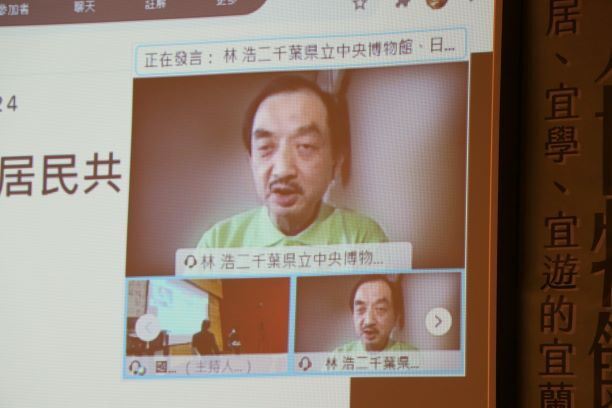
WWF Hong Kong Education Director Yamme Leung introduced the Mai Po Marshes public participation education program, which involves the promotion of school projects, citizen science youth projects, public guided tour groups, annual theme activities, and strategies such as digital promotion, etc. driven by the objective of "education and elevating people's conservation awareness", allowing the public to appreciate the importance of wetlands and engage in wetland conservation.
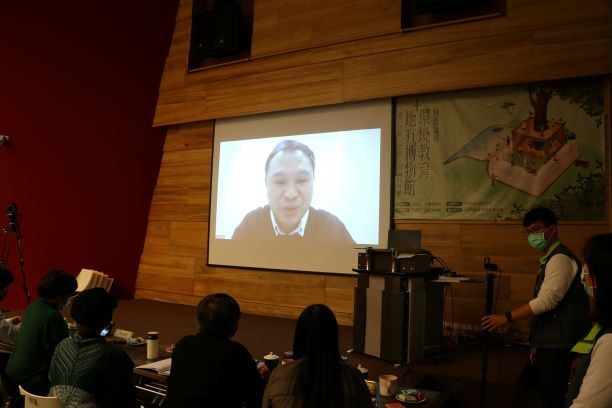
Article courtesy of Environmental Ethics Foundation of Taiwan





